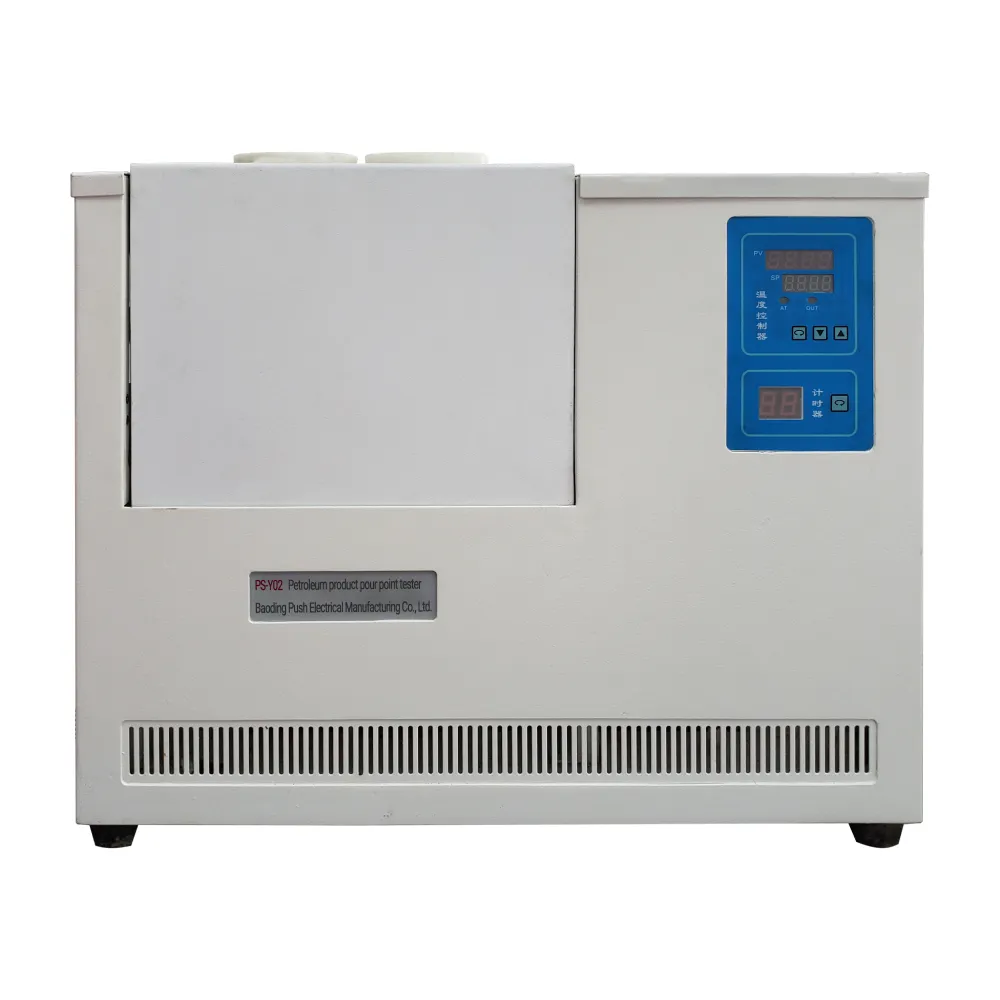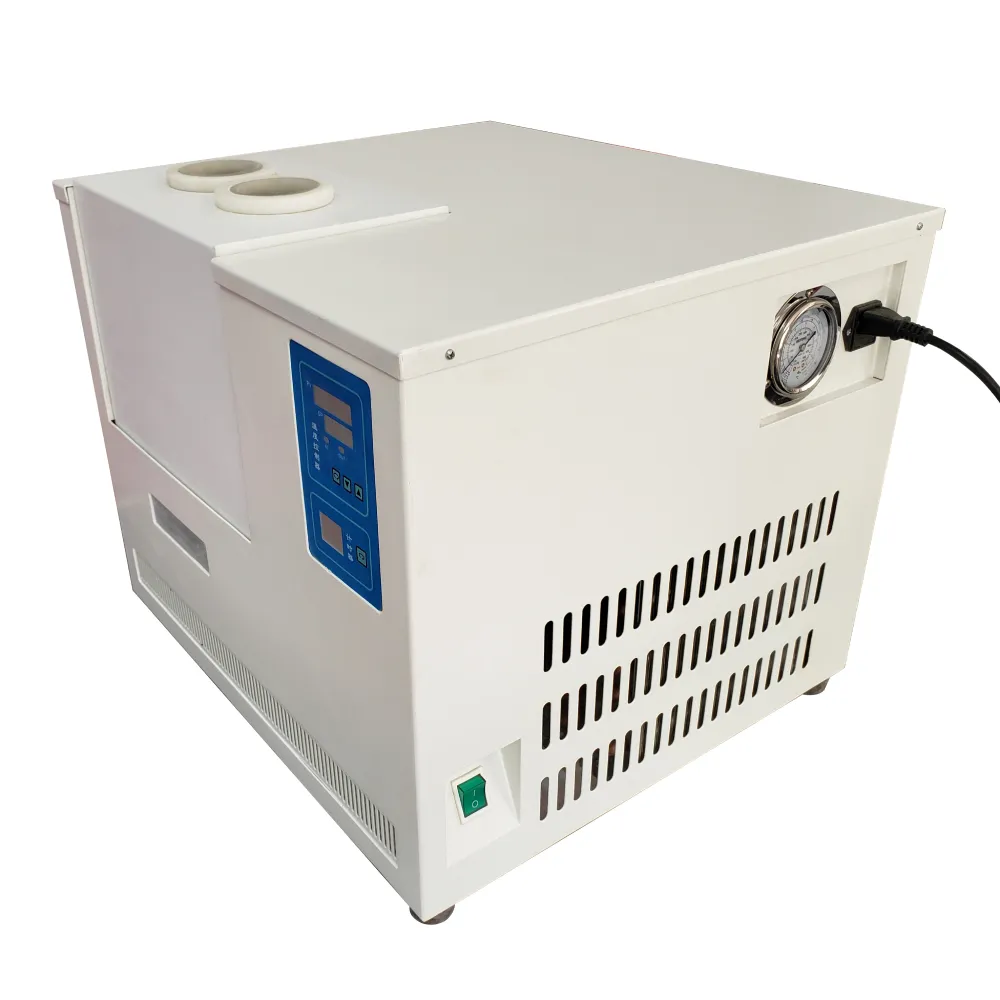 English
English



-
 Afrikaans
Afrikaans -
 Albanian
Albanian -
 Amharic
Amharic -
 Arabic
Arabic -
 Armenian
Armenian -
 Azerbaijani
Azerbaijani -
 Basque
Basque -
 Belarusian
Belarusian -
 Bengali
Bengali -
 Bosnian
Bosnian -
 Bulgarian
Bulgarian -
 Catalan
Catalan -
 Cebuano
Cebuano -
 China
China -
 China (Taiwan)
China (Taiwan) -
 Corsican
Corsican -
 Croatian
Croatian -
 Czech
Czech -
 Danish
Danish -
 Dutch
Dutch -
 English
English -
 Esperanto
Esperanto -
 Estonian
Estonian -
 Finnish
Finnish -
 French
French -
 Frisian
Frisian -
 Galician
Galician -
 Georgian
Georgian -
 German
German -
 Greek
Greek -
 Gujarati
Gujarati -
 Haitian Creole
Haitian Creole -
 hausa
hausa -
 hawaiian
hawaiian -
 Hebrew
Hebrew -
 Hindi
Hindi -
 Miao
Miao -
 Hungarian
Hungarian -
 Icelandic
Icelandic -
 igbo
igbo -
 Indonesian
Indonesian -
 irish
irish -
 Italian
Italian -
 Japanese
Japanese -
 Javanese
Javanese -
 Kannada
Kannada -
 kazakh
kazakh -
 Khmer
Khmer -
 Rwandese
Rwandese -
 Korean
Korean -
 Kurdish
Kurdish -
 Kyrgyz
Kyrgyz -
 Lao
Lao -
 Latin
Latin -
 Latvian
Latvian -
 Lithuanian
Lithuanian -
 Luxembourgish
Luxembourgish -
 Macedonian
Macedonian -
 Malgashi
Malgashi -
 Malay
Malay -
 Malayalam
Malayalam -
 Maltese
Maltese -
 Maori
Maori -
 Marathi
Marathi -
 Mongolian
Mongolian -
 Myanmar
Myanmar -
 Nepali
Nepali -
 Norwegian
Norwegian -
 Norwegian
Norwegian -
 Occitan
Occitan -
 Pashto
Pashto -
 Persian
Persian -
 Polish
Polish -
 Portuguese
Portuguese -
 Punjabi
Punjabi -
 Romanian
Romanian -
 Russian
Russian -
 Samoan
Samoan -
 Scottish Gaelic
Scottish Gaelic -
 Serbian
Serbian -
 Sesotho
Sesotho -
 Shona
Shona -
 Sindhi
Sindhi -
 Sinhala
Sinhala -
 Slovak
Slovak -
 Slovenian
Slovenian -
 Somali
Somali -
 Spanish
Spanish -
 Sundanese
Sundanese -
 Swahili
Swahili -
 Swedish
Swedish -
 Tagalog
Tagalog -
 Tajik
Tajik -
 Tamil
Tamil -
 Tatar
Tatar -
 Telugu
Telugu -
 Thai
Thai -
 Turkish
Turkish -
 Turkmen
Turkmen -
 Ukrainian
Ukrainian -
 Urdu
Urdu -
 Uighur
Uighur -
 Uzbek
Uzbek -
 Vietnamese
Vietnamese -
 Welsh
Welsh -
 Bantu
Bantu -
 Yiddish
Yiddish -
 Yoruba
Yoruba -
 Zulu
Zulu
Automatic Pour Point Analyzer for Accurate Oil Testing
Official Website: https://www.pushtester.com
Location: Room 302, Building 5, Baoding Zhongguancun DigitalEconomy Industrial Park, No. 777 Lixing Street, Jingxiu District, Baoding Hebei Province.
1. Introduction
In the rapidly evolving field of petroleum analysis, the significance of determining pour point and cloud point is critical for fuel and lubricant performance, especially in low-temperature environments. The automatic pour point analyzer and its related technologies—such as cloud and pour point tester, cloud point tester, and pour point analyzer—set industry benchmarks for safety and reliability.




Baoding Push Electrical Appliance Manufacturing Co., Ltd. brings to the market the highly advanced automatic pour point analyzer—the PS-JY02 Apparatus Astm D97 Oil Pour Point And Cloud Point Tester. Engineered to comply with ASTM D97 standards, this analyzer integrates a robust refrigeration cycle and precise temperature control system with imported, totally enclosed compressors.
2. Industry Trend: The Growing Importance of Pour & Cloud Point Analysis
As fuel compositions diversify and climate variability increases, pour and cloud point measurements are under scrutiny by refineries, quality labs, and end-users. The demand for fully automated, highly accurate devices like automatic pour point analyzer has dramatically grown in sectors like oil refining, automotive, marine, and aviation.
- Global pour point tester market size was valued at $500 million in 2023 with CAGR projections over 8% till 2030. [Grandview Research]
- Integration with data acquisition, remote diagnostics, and higher throughput are leading features in next-gen automatic pour point analyzer systems. [Proceedings of the Institution of Mechanical Engineers, Part E]
- Adoption of automated ASTM D97-compliant instruments is part of global standardization and digital transformation for petroleum labs. [ASTM International]
3. Overview of PS-JY02 Apparatus Astm D97 Oil Pour Point And Cloud Point Tester
The PS-JY02 Apparatus Astm D97 Oil Pour Point And Cloud Point Tester stands as the flagship solution of Baoding Push Electrical Appliance Manufacturing Co., Ltd. It employs an advanced refrigeration and precise temperature management system based on imported sealed compressors, ensuring both rapid cooling and high stability for repetitive testing. View complete product details at here.
- Test Method: ASTM D97 for pour point, ASTM D2500 for cloud point
- Cooling System: Dual-stage, fully enclosed compressor, imported core
- Temperature Range: -70°C to +70°C
- Temperature Accuracy: ±0.1°C
- Sample Capacity: 2-4 samples simultaneous
- Automation: Auto sampling, detection, analysis, and reporting
- User Interface: 7" TFT touch screen, intuitive software integration
Typical users include petrochemical labs, lubricant manufacturers, automotive R&D, quality control departments, research institutions, and inspection authorities.
4. Key Parameters Table: Automatic Pour Point Analyzer
| Parameter | Description | Typical Range |
|---|---|---|
| Measuring Principle | Cooling/optical/automatic detection | -- |
| Temperature Range | Programmable, dual-stage cooling | -70°C to +70°C |
| Temperature Accuracy | PID precision control | ±0.1°C |
| Automation Level | Full (sampling, detection, reporting) | Auto / Semi-auto / Manual |
| Sample Throughput | Simultaneous multi-sample analysis | 2-4 samples/run |
| Applicable Standards | ASTM D97, ASTM D2500, EN 23015 | International |
| Cooling Medium | High-efficiency eco-refrigerant | R134a / R404A |
| Data Export | USB, Ethernet, Printer | PDF/CSV/Report |
5. Comparative Visualization of PS-JY02 Apparatus and Industry Mainstream Models
6. Applications & Industry Implementation Scenarios
- Petroleum Refineries: Ensures compliance with pour point specifications for shipping and cold climate fuels.
- Lubricant R&D: Develops lubricants tailored for extreme temperature applications and guarantees additive efficacy.
- Automotive and Aerospace: Certifies engine/fuel oil suitability for cold start and high-altitude operations.
- Inspection & Certification Bodies: Verifies sample conformity for trade, customs, and regulatory control.
- Chemical Plants: Evaluates chemical feedstock’s behavior at low temperature thresholds.
- Research Institutions: Expands academic studies in fuel chemistry and cryogenic fluid dynamics.
7. Core Technologies of Automatic Pour Point Analyzer
The automatic pour point analyzer employs a series of state-of-the-art technologies:
- Advanced Refrigeration Cycle: Totally enclosed imported compressors for eco-efficiency and rapid cooling.
- PID Temperature Control: Ultra-fine feedback system to achieve ±0.1°C accuracy.
- Optical or Advanced Sensor Detection: Automated sample monitoring for cloud and pour points, eliminating subjective errors.
- Automated Data Handling: Onboard data export, archiving, network printout for regulatory and traceability purposes.
- Touch-Screen HMI: Streamlined user interface with multi-language support and guided test protocol selection.
- Multi-Test Capability: Simultaneous analysis of multiple samples to maximize throughput and lab efficiency.
- Enhanced Safety: Over-current, temperature, and door-open automatic protection features.
8. Frequently Asked Questions – Technical Q&A
9. Professionalism, Authoritativeness & Trustworthiness (EEAT)
As a leading manufacturer, Baoding Push Electrical Appliance Manufacturing Co., Ltd. has achieved ISO 9001 certification, maintains strict QC protocols, and upholds full traceability for each automatic pour point analyzer. All technical claims are supported by peer-reviewed literature and customer feedback from global forums—guaranteeing industry-leading expertise and trust.
- Accredited Standards: Conformity with ASTM/ISO/IEC.
- Published References: Technology referenced in leading journals such as Energy & Fuels and Fuel.
- Industry Endorsement: Widely discussed and reviewed on Chemical Forums and ASTM Technical Committees.
For customized solutions, project discussions, or technical support, contact our experienced application engineers at sales@oil-tester.com or call +86-0312-3189593.
Explore the PS-JY02 Apparatus at automatic pour point analyzer.
10. References
[2] Grandview Research, "Pour Point Tester Market Size & Trends Report" — Link
[3] SAGE Journals, "Recent Developments in Automatic Pour Point Analyzers", Proc IMechE Part E, View
[4] Chemical Forums, "Cloud and Pour Point Testers Discussion," Visit Forum
[5] Elsevier, Fuel Journal, "Automated Analysis in Petroleum Product Testing" (Fuel), 2022.
-
Ensuring Transformer Reliability with High-Precision Turns Ratio TestingNewsJul.18,2025
-
Ensuring SF₆ Gas Safety: Introducing PUSH’s Integrated SF₆ Analyzer for Dew Point, Purity, and Decomposition MonitoringNewsJul.10,2025
-
Exploring the Main Types of Industrial Endoscopes and Their Applications Across IndustriesNewsJul.04,2025
-
Testing Equipment Industry Sees Major Advancements in 2025: Smart & Precision Technologies Lead the WayNewsJun.06,2025
-
Applications of Direct Current Generators in Renewable Energy SystemsNewsJun.05,2025
-
Hipot Tester Calibration and Accuracy GuidelinesNewsJun.05,2025



